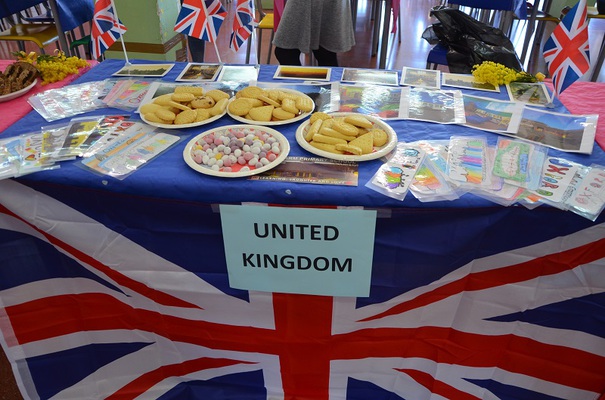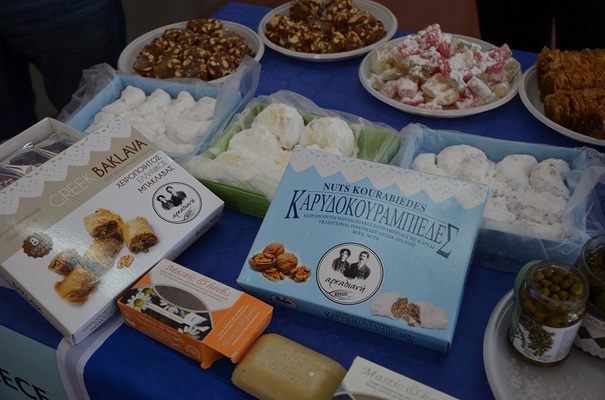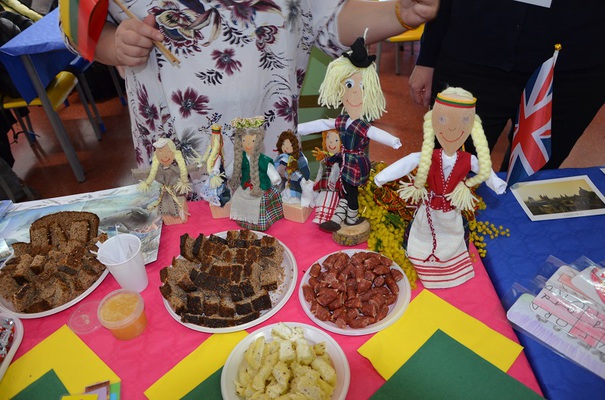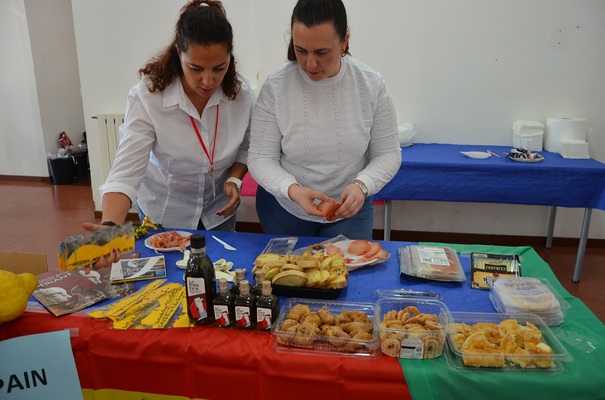In the period between the last meeting and this one, the children carried out some water investigations based on the work of Archimedes and experienced their own ‘eureka moments’. The children in each school had the same 3 investigations to research. The investigations took take the form of solving problems of the type that Archimedes faced when he discovered the Archimedes principle. Why do some things float and not others? How do you make something float when it doesn’t want to? How does the Archimedes screw work? The children recorded their conclusions and prepared an explanation of their work.
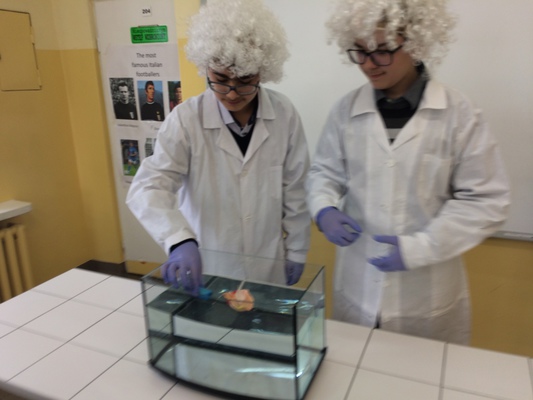
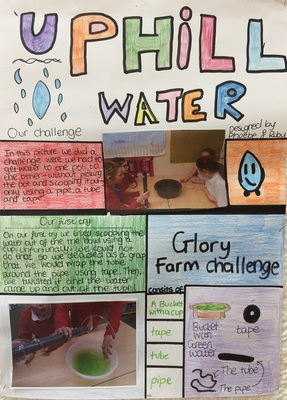
At the project meeting, those children selected as participants from each school demonstrated the work that they had done at a small science fair. They showed models, charts, booklets, inventions etc to explain the discoveries that they had made. During the meeting the pupils had more opportunities to investigate the properties of water in mixed nationality groups.

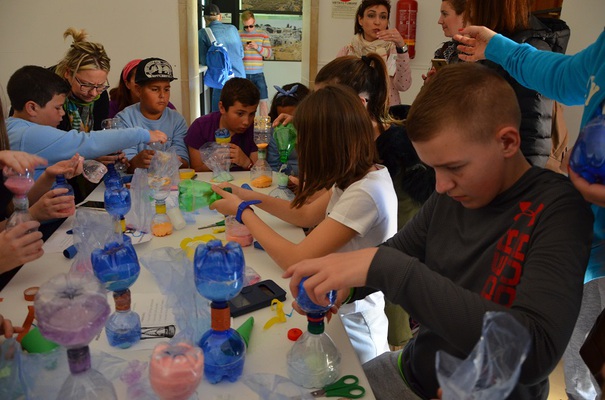
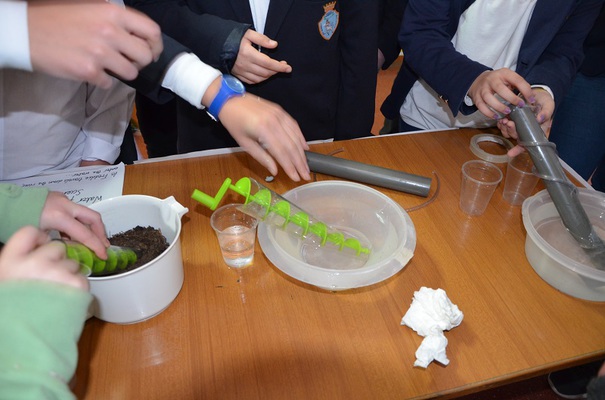
The host school organised a number of activities related to water. A trip to the National park of Alcantra, including the Alcantra Fluvial park, showed participants the island’s rich natural heritage and wildlife. The highlight was the Gola which are canyons of volcanic origin, along which beautiful freshwater flows.
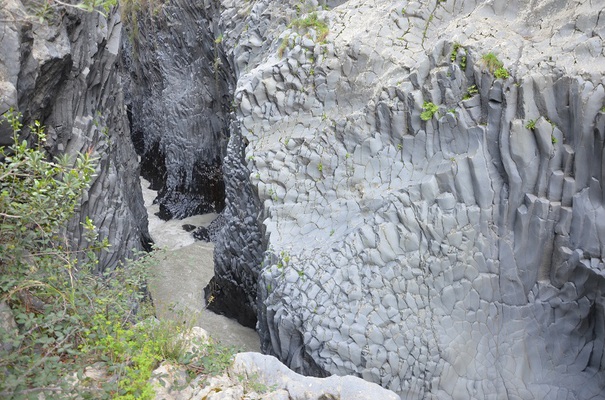
Sicily has a rich cultural heritage as is proved by UNESCO declaring no less than 7 heritage sites on the island. The children were able to experience some of the cultural heritage and history of their hosts through visits to local places of interest including Mt Etna, Castelmola, the Greek Theatre and Isola Bella. They also visited Syracuse which is the home of Archimedes and also a UNESCO heritage site. They had a science activity as well as visiting the Archaeological Park.
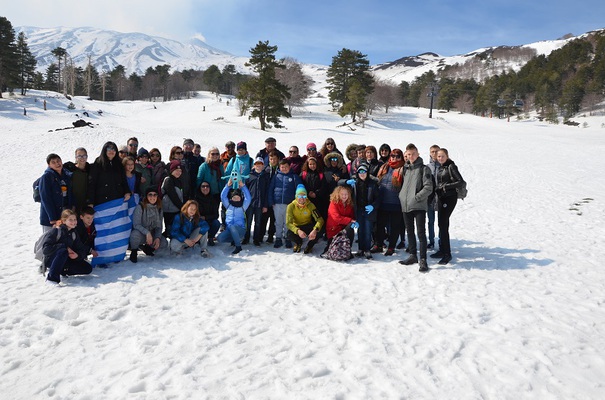
The cultural exchange also included an exhibition at which each visiting school had a stall displaying information about their school and town as well as typical items of food for the hosts to experience.
